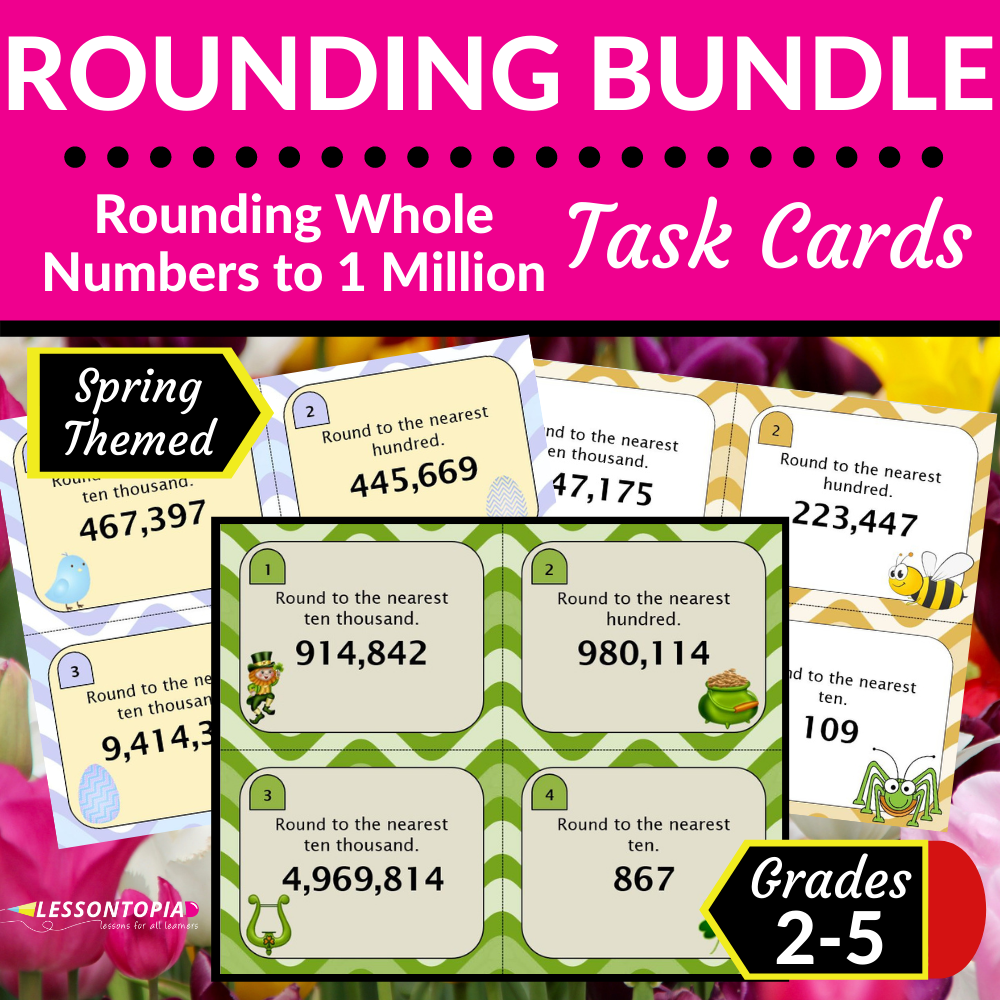The effects of trauma can manifest themselves in various ways in the classroom.
The effects of trauma can manifest themselves in various ways in the classroom.
These tips will enable you and your students to get through this traumatic time together.

Students may withdraw socially, act out, have trouble focusing or refuse to work as a team. Teachers can help students who have experienced trauma by keeping the following tips in mind.
It may feel like these students are deliberately trying to push your buttons, but they aren’t. These are just the common symptoms of post-traumatic stress disorder (PTSD).
Kids with PTSD worry about what’s going to happen next. You can alleviate this worry by establishing set routines in the classroom. Post a schedule of the day’s activities and stick to it.
Kids are more sensitive. What may seem relatively minor to you – a move to a new town, being bullied, or getting a new sibling – can cause major stress for a child. Acknowledge the student’s feelings and take them seriously, so the student feels supported.
Sometimes families wish to keep things private. If you sense a child has experienced trauma, it’s enough to understand their feelings. Don’t ask the parents or child to explain more than their comfortable with sharing.
Students who have experienced trauma need to know they can achieve success at something. Offer a variety of activities so that students can excel at something in the classroom and feel good about themselves.
Students who have experienced trauma will not be able to learn as effectively as their peers. While the student is going through this time, try to be lenient with their scores. Give credit for effort as well as the right answers.
If the situation warrants it, you can have a private conversation with the student to ask if there’s anything you can do to help. Maybe they would prefer a seat by the window or to be excused from recess for a few days.
Parents of students who have experienced trauma may need extra parent-teacher conferences. Make sure the parents are aware of your extra availability.